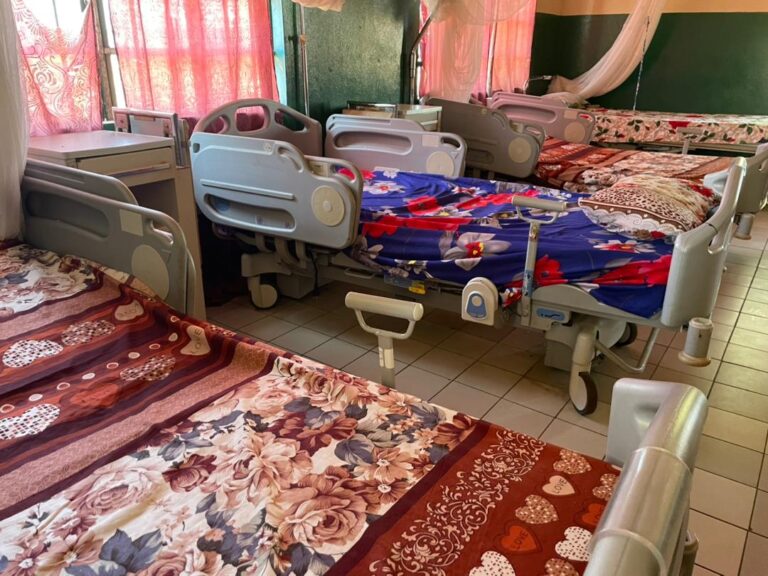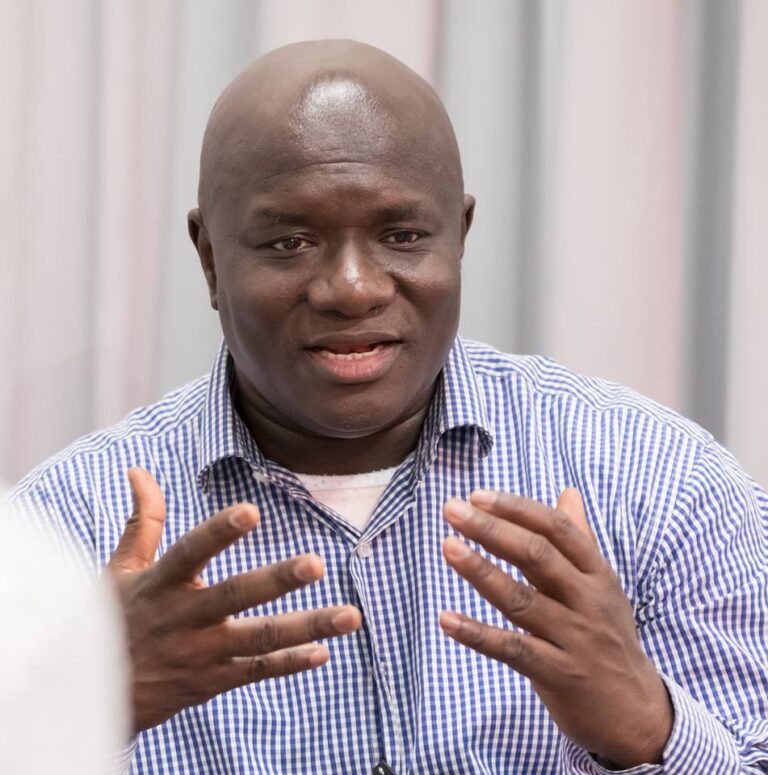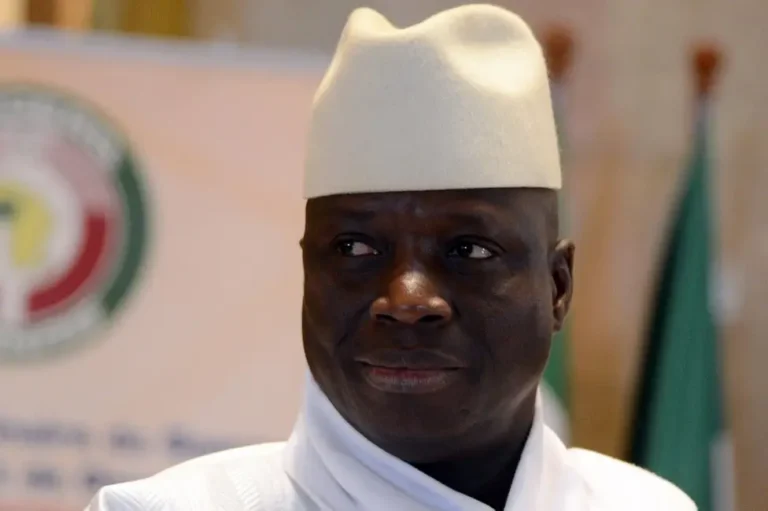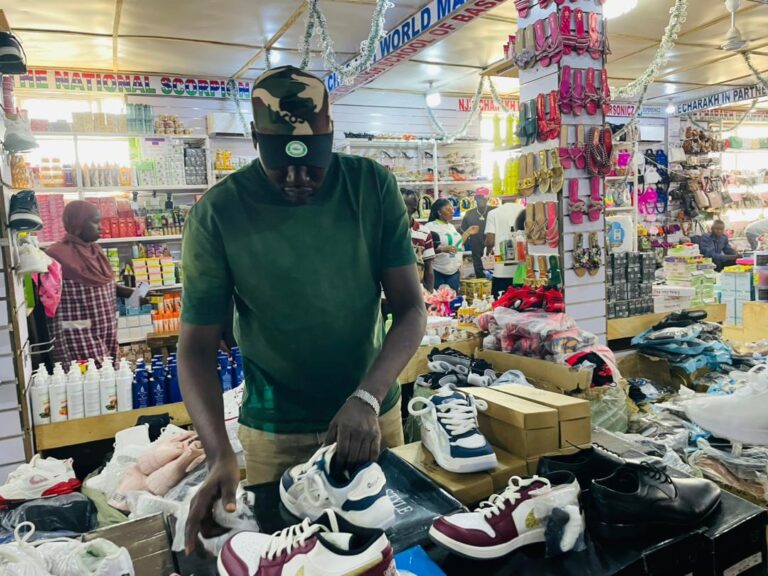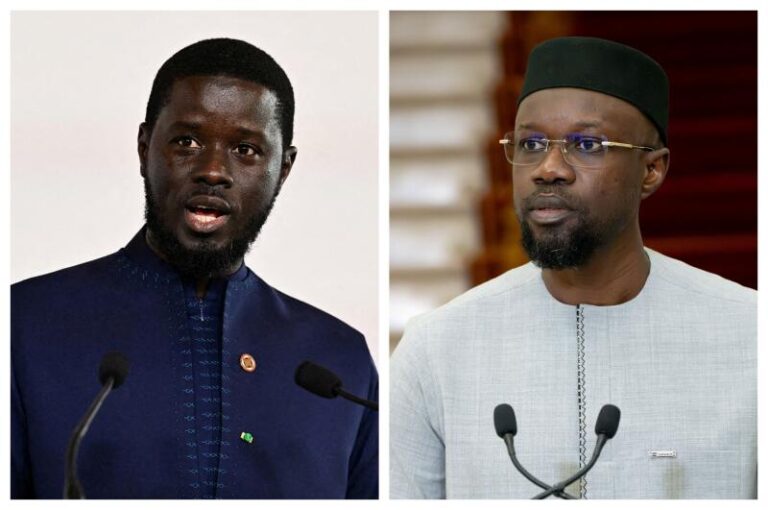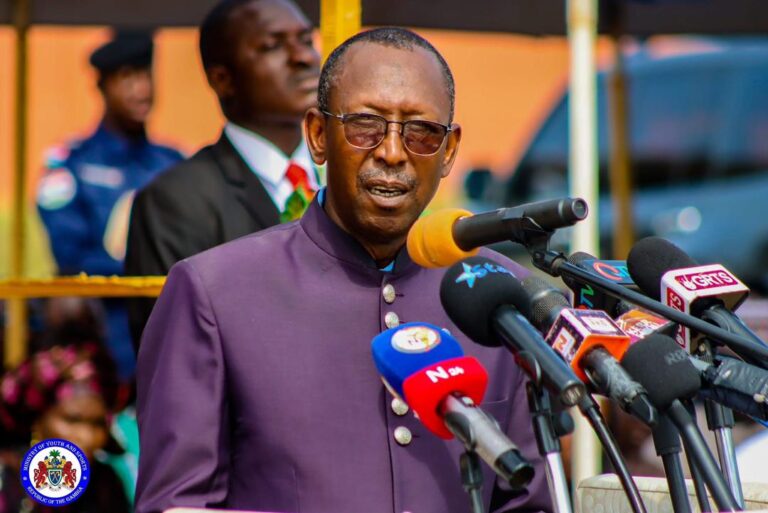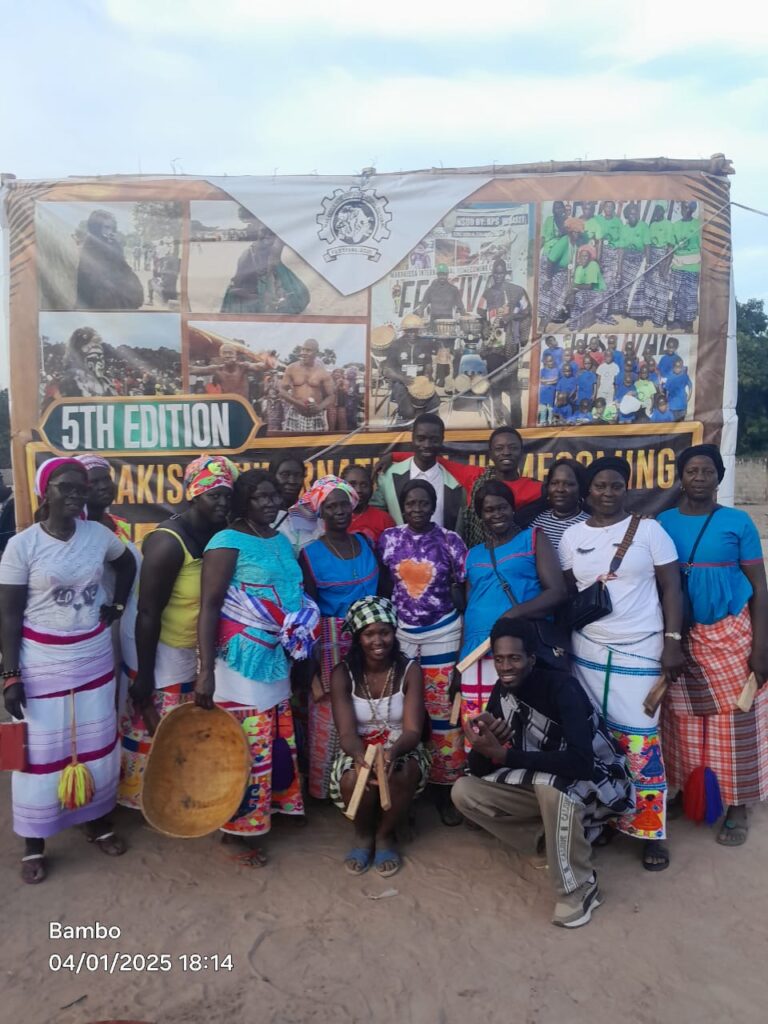By: Ousman F. M’Bai
Introduction
On 20 December 2024, Senegal’s Prime Minister, Mr. Sonko, made a historic statement during a joint trade and investment forum with The Gambia’s Vice President, Mohammed Jallow, held at the Sir Dawda Jawara Conference Centre. For the first time, a Senegalese leader publicly acknowledged in The Gambia the potential for shared oil and gas resources in the MSGBC Basin, highlighting the need for bilateral cooperation in oil and gas exploration and production.
This pivotal statement marks a potential turning point in the often-complex relationship between the two nations, raising hopes for greater equity in resource management and economic integration.
The MSGBC Basin and Its Potential
The MSGBC Basin, spanning Mauritania, Senegal, The Gambia, Guinea-Bissau, and Guinea-Conakry, is a geological treasure trove of oil and gas reserves. Within this, the Senegal-Gambia subbasin—often referred to abstractly as the Northern Basin—holds immense promise for both nations. This subbasin exclusively straddles the maritime boundaries of both countries.
Senegal has already capitalised on these resources through its highly successful SNE Sangomar oil field, which began production in July 2024, surpassing initial estimates by several million barrels in its first quarter. However, The Gambia’s share of these resources remains officially untapped, despite seismic data suggesting that reservoirs from the SNE Sangomar field extend into The Gambia’s A2 block.
Prime Minister Sonko’s remarks represent a significant departure from the longstanding exclusion of The Gambia from collaborative exploration agreements. While Senegal has established resource-sharing accords with Mauritania and Guinea-Bissau, no such arrangement exists with The Gambia, fuelling frustrations over perceived inequities.
Historical Context of Bilateral Relations
The relationship between Senegal and The Gambia has been shaped by historical legacies, political personalities, and strategic priorities. Despite their shared cultural and geographical heritage, the two nations have navigated a complex tug-and-pull diplomacy since independence—at times, making their relationship resemble an attempt to squeeze octopuses into a jar!
In the post-independence era, Senegal’s first president, Léopold Sédar Senghor, and The Gambia’s Sir Dawda Jawara maintained a cordial relationship. However, the 1975 maritime boundary agreement deprived The Gambia of equitable access to joint maritime zones, a decision that continues to affect its resource management prospects.
Subsequent leaders—including Abdou Diouf, Abdoulaye Wade, and Yahya Jammeh—adopted differing approaches to bilateral relations. Diouf’s tenure witnessed the creation and eventual collapse of the Senegambia Confederation, a political union that ended in discord. That, in itself, is a study of how a tetchy Jawara administration, unprepared for the practical implications of such a union (or subordination) with a politically overzealous Diouf administration, buckled under the pressure.
Wade, on the other hand, pursued a more cooperative stance, unmatched by Jammeh’s autocratic and ultra-nationalist rule, which strained relations, especially on bilateral resource exploration and cross-border trade.
Macky Sall’s presidency marked a turning point in Senegal’s hydrocarbon sector. As a former Director-General of the National Oil Corporation and Minister of Energy, Sall’s expertise facilitated resource-sharing agreements with Mauritania and Guinea-Bissau. However, he outmanoeuvred an acutely vulnerable Gambian government under Senegalese security and intelligence operatives out of a similar arrangement—despite geological evidence of potential shared reservoirs—drawing criticism of inequitable practices.
Sall may have thought he had finally succeeded in closing the lid on the octopus, but his approach risks igniting the force of public opinion against perceived injustice. If left unaddressed, this could pose an unprecedented threat to Senegambia’s fragile unity and economic future.
The Role of Oil and Gas Exploration Companies
The questionable actions of exploration companies, particularly FAR Ltd and Woodside Energy, have exacerbated tensions. FAR Ltd, a small, inexperienced, and near-bankrupt company at the time, held significant stakes in both the SNE Sangomar field and The Gambia’s A2 and A5 blocks.
However, it exited under opaque circumstances after receiving a lifeline payment of $126 million (with a guaranteed future payment of $55 million) from Woodside Energy while failing to release crucial drilling data from both blocks to The Gambia. Notably, FAR Ltd concealed evidence of a serious drilling accident in the A2 block when the Bambo well and its sidetrack missed their targeted reservoirs, further casting doubt on its findings.
FAR Ltd’s claim that the Bambo well is not commercially viable cannot be substantiated without releasing the well’s pressure data. Even if the claim were accurate, a single well’s commercial viability must be assessed in the broader context of integration with other nearby wells. After all, all 23 wells in the SNE Sangomar field are interconnected.
This raises pressing questions: What are FAR Ltd and the Gambia Petroleum Commission hiding from Gambians? Without transparent and verifiable data, FAR Ltd’s conclusions must be regarded as unreliable, eroding trust in both the company’s practices and the institutions tasked with safeguarding the national interest.
Woodside Energy’s dominant position in SNE Sangomar, with 82% control, puts the spotlight on the power imbalances in the sector and the lingering theme of exploitation. The absence of coordination between Senegal and The Gambia has enabled exploration companies to operate with insufficient oversight, undermining public trust and exacerbating mistrust between the two nations.
This lack of oversight hangs like the sword of Damocles over Senegambia’s economic future—threatening stability and collaboration. That such a state of affairs was not foreseen by authorities in both countries raises serious questions about their commitment to each other’s economic development.
Senegal’s existing unitisation agreement with Mauritania over the Grand Tortue Ahmeyim (GTA) gas field illustrates the potential benefits of such cooperative frameworks. This landmark agreement facilitated the joint development of a cross-border reservoir, ensuring equitable benefits for both nations – revenue-sharing mechanisms and conflict avoidance. A similar approach could be instrumental in addressing potential shared reservoirs between Senegal and The Gambia, preventing future disputes and enabling the efficient exploitation of resources. Stronger institutional frameworks and collaborative agreements are essential for equitable resource distribution and accountability.
A New Chapter?
Prime Minister Sonko’s recent remarks signal a potential shift in Senegal’s approach to its relationship with The Gambia. By recognising the shared nature of MSGBC Basin resources, Sonko has opened the door to meaningful dialogue and cooperation. His vision aligns with broader pan-African ideals of unity and equity, presenting an opportunity for both nations to address complex challenges and build a more integrated economic future.
However, translating this vision into reality will require more than rhetoric. Both governments must establish clear policies and frameworks to manage shared resources transparently. The Gambia, in particular, must cease delays and indecision, instead bolstering its institutional capacity to negotiate effectively and protect its interests.
The Gambia’s delays in exploration, amidst Senegal’s ongoing oil and gas production, could surely jeopardise future utilisation agreements if common reservoirs are confirmed. Without timely action, The Gambia risks being sidelined (as it already has) in negotiations, further entrenching economic disparities between the two nations. Both countries must prioritise cooperative frameworks now to avoid such outcomes and ensure equitable resource management.
Conclusion
The MSGBC Basin represents a multi-billion-dollar opportunity for Senegal and The Gambia to transform their economies and address pressing challenges such as sovereign debt and underdeveloped industries.
Prime Minister Sonko’s acknowledgment of the need for cooperation offers a glimmer of hope for a more equitable and prosperous future. For this potential to be realised, both nations must move beyond tug-and-pull diplomacy and work collaboratively to harness their shared resources.
The path forward may be fraught with challenges, but the promise of mutual benefit makes the effort worthwhile. For now, it is not words or speeches that will drive progress, but decisive action!


